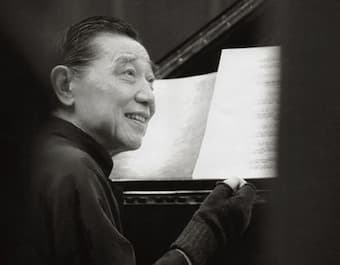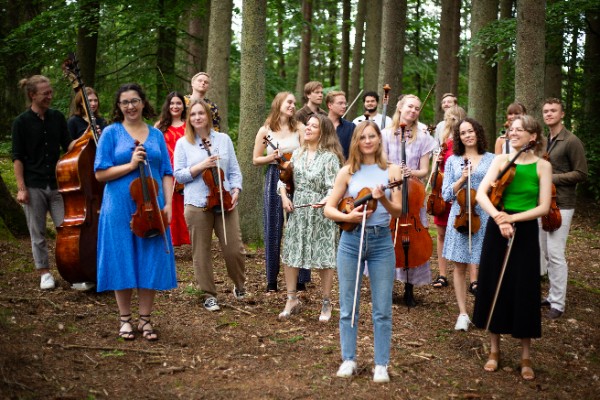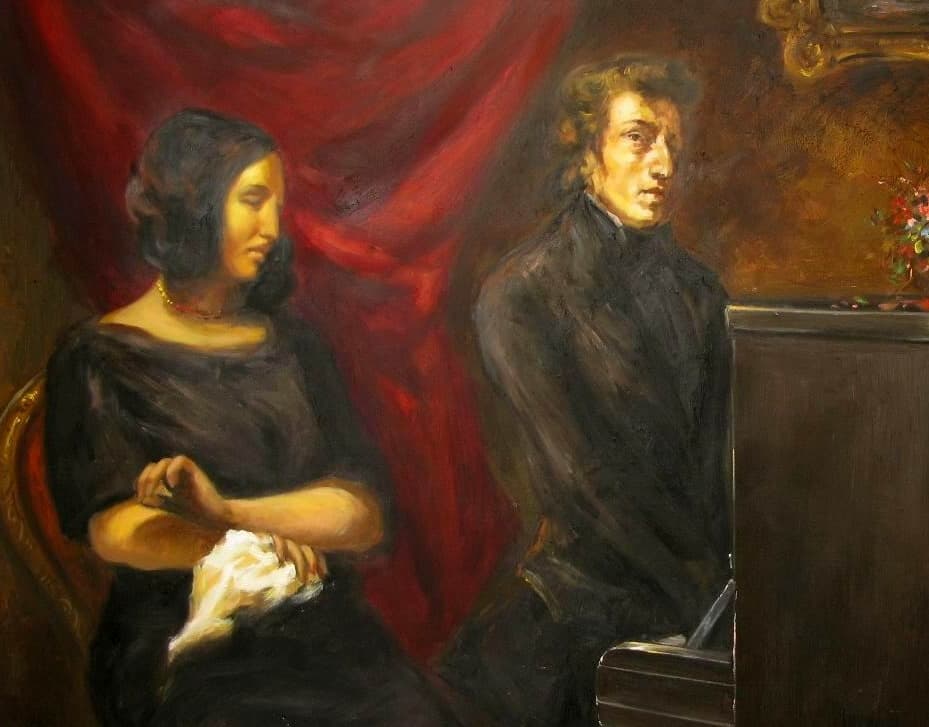“I am a beginner. I am always learning”
Fou Ts’ong (from an interview with British journalist Jessica Duchen)
Frédéric Chopin: Mazurka No. 13 in A Minor, Op. 17, No. 4 (Fou Ts’ong, piano)

Fou Ts’ong
This wonderfully humble quote from Fou Ts’ong, the acclaimed Chinese pianist, who died on 28 December 2020, is a reminder that even those at the top of the profession should never stop learning.
Our learning journey often begins in childhood, with early music lessons under the guidance of a teacher and later, for the aspiring professional, in music college or conservatoire. The support of a teacher or mentor may continue after graduation and many professional musicians return to their conservatoire teacher/mentors for support during their career, even if they are no longer taking regular lessons.
The decision to cease regular lessons is not a sign that one has ceased learning; rather that one has reached a level of competency and confidence to continue on the learning path alone, and a good teacher can instil in a student the ability to study and learn independently.
Ongoing learning requires an open-mindedness and curiosity, a willingness to accept and reflect on setbacks, the ability to self-critique one’s work and to set realistic goals to maintain focus and motivation. This ongoing learning process is allied to mastery – embracing the role of the life-long student and dedicating oneself to the pursuit of excellence. In a way, this is also about retaining thirst for knowledge of the beginner student, who is so eager to learn.
As a musician, one learns not only from teachers or mentors but also from peers, colleagues, friends, attending concerts, listening to recordings, literature, the other arts, and indeed life experience in general. Perhaps the greatness of musicians like Fou Ts’ong is that they do not rest on their laurels, garnering praise for their performances and recordings, but rather appreciate that one should approach everything one does with the open-minded curiosity of the beginner.

Richard Feynman
Someone else who believed in the value of lifelong learning was the theoretical physicist Richard Feynman (1918-1988). As a scientist, he fully appreciated the importance of remaining curious and questioning, but he was also a renowned teacher who understood that education and learning is not something that you can “finish”.
There is a Twitter account which posts inspiring quotes and other wonderful nuggets from Richard Feynman, almost all of which have relevance to musicians, and indeed anyone with a curiosity to acquire greater knowledge. As you would expect from someone with a mind like Feynman’s, he advocated curiosity and questioning, challenging perceived norms and standard ways of doing things – all things which the open-minded musician should embrace on the path of ongoing learning. The following tweet from @ProfFeynman is an excellent manifesto for musicians, of all ages and abilities:
• Don’t be afraid of your uniqueness.
• Do what you get the most pleasure from.
• Don’t worry about what others are thinking.
• Have a sense of humour and talk honestly.
• Make mistakes and learn.
• Don't be afraid of your uniqueness.
• Do what you get the most pleasure from.
• Don't worry about what others are thinking.
• Have a sense of humor and talk honestly.
• Make mistakes and learn. pic.twitter.com/WzFhFMhLm6— Richard Feynman (@ProfFeynman) January 29, 2020
And this one, which for me really sums up how, as musicians, we should practice our craft on a daily basis (for “Mathematics” substitute Music):
• Practice, Practice & More Practice.
• Review Errors.
• Master the Key Concepts.
• Understand your Doubts.
• Create a Distraction-Free Study Environment.
• Create a Mathematical Dictionary.
• Apply Math to Real World Problems
How to STUDY Mathematics:-
• Practice, Practice & More Practice.
• Review Errors.
• Master the Key Concepts.
• Understand your Doubts.
• Create a Distraction Free Study Environment.
• Create a Mathematical Dictionary.
• Apply Math to Real World Problems.pic.twitter.com/Yf4CYXLwHn
— Richard Feynman (@ProfFeynman) February 5, 2020
For more of the best in classical music, sign up to our E-Newsletter


